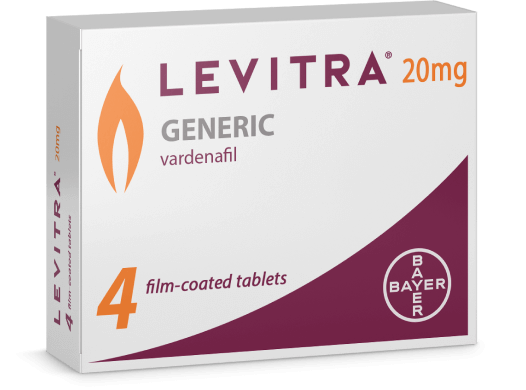
Allergies are a common issue that affects millions of people worldwide. The response of the immune system to certain substances, known as allergens, can lead to symptoms ranging from mild discomfort to severe reactions. In the quest for relief, many individuals turn to medications known as Antiallergika https://farmakeioorama.gr/antiallergika/, designed to alleviate these symptoms and improve quality of life. In this article, we will delve into the various types of Antiallergika, their mechanisms of action, potential side effects, and more.
What Are Antiallergika?
Antiallergika, or anti-allergy medications, are drugs that help control allergic reactions. These medications can be classified into several categories, each targeting different aspects of the allergic response. The most common types of Antiallergika are antihistamines, corticosteroids, and leukotriene receptor antagonists.
Types of Antiallergika
1. Antihistamines
Antihistamines are perhaps the most well-known type of Antiallergika. They work by blocking the action of histamine, a chemical released by the immune system during an allergic reaction. By inhibiting histamine, these medications can effectively reduce symptoms such as sneezing, itching, and runny nose. Antihistamines are available in both over-the-counter and prescription forms, and they may be categorized further into two groups: first-generation and second-generation antihistamines.
- First-generation antihistamines: These include medications like diphenhydramine (Benadryl) and chlorpheniramine. While effective, they often cause drowsiness and sedation, making them less suitable for daytime use.
- Second-generation antihistamines: Such as loratadine (Claritin) and cetirizine (Zyrtec), these drugs are less likely to cause drowsiness and are usually preferred for regular use.

2. Corticosteroids
Corticosteroids are another category of Antiallergika that are particularly useful in managing inflammation caused by allergies. These drugs work by reducing inflammation in the nasal passages and lungs, thereby alleviating symptoms associated with allergic rhinitis and asthma. Corticosteroids can be administered in various forms, including nasal sprays, inhalers, and oral medications. Some commonly prescribed corticosteroids include fluticasone (Flonase) and budesonide (Rhinocort).
3. Leukotriene Receptor Antagonists
This class of medications, including montelukast (Singulair), works by blocking the action of leukotrienes, substances that contribute to allergy symptoms and asthma. Leukotriene receptor antagonists are often prescribed for individuals with allergic asthma, helping prevent wheezing, shortness of breath, and other respiratory issues.

Benefits of Using Antiallergika
The primary benefit of using Antiallergika is symptom relief. By targeting the underlying causes of allergic reactions, these medications can dramatically improve a person’s quality of life. Common benefits include:
- Reduced Symptoms: Antiallergika effectively alleviate sneezing, itching, nasal congestion, and skin reactions.
- Improved Breathing: Inhaled corticosteroids can help individuals with asthma breathe more easily and reduce the frequency of asthma attacks.
- Non-Sedative Options: With the availability of second-generation antihistamines, many individuals can find relief without the drowsy side effects of first-generation drugs.
Potential Side Effects
While Antiallergika are generally safe when used appropriately, they may also cause side effects. Understanding these potential side effects can help users make informed decisions. Common side effects include:
- Drowsiness: Particularly with first-generation antihistamines, sedation may be a significant concern.
- Dry Mouth: Some antihistamines can cause dry mouth and other mucous membrane issues.
- Increased Appetite: Corticosteroids may lead to weight gain due to increased appetite in some people.
When to Consult a Doctor
As with any medication, it’s essential to consult a healthcare professional before starting any Antiallergika. Individuals should consider seeking medical advice if:
- They experience severe allergic reactions or symptoms that interfere with daily life.
- They have existing medical conditions such as asthma, diabetes, or hypertension.
- They are pregnant, nursing, or planning to become pregnant.
Conclusion
Antiallergika play a crucial role in managing allergies and improving the quality of life for millions of people. By understanding the different types of these medications, their benefits, and their potential side effects, individuals can be better equipped to navigate their allergy treatment options. Always consult a healthcare provider for personalized advice and treatment plans tailored to specific needs. Allergy management begins with knowledge, and Antiallergika can be a vital part of that journey.